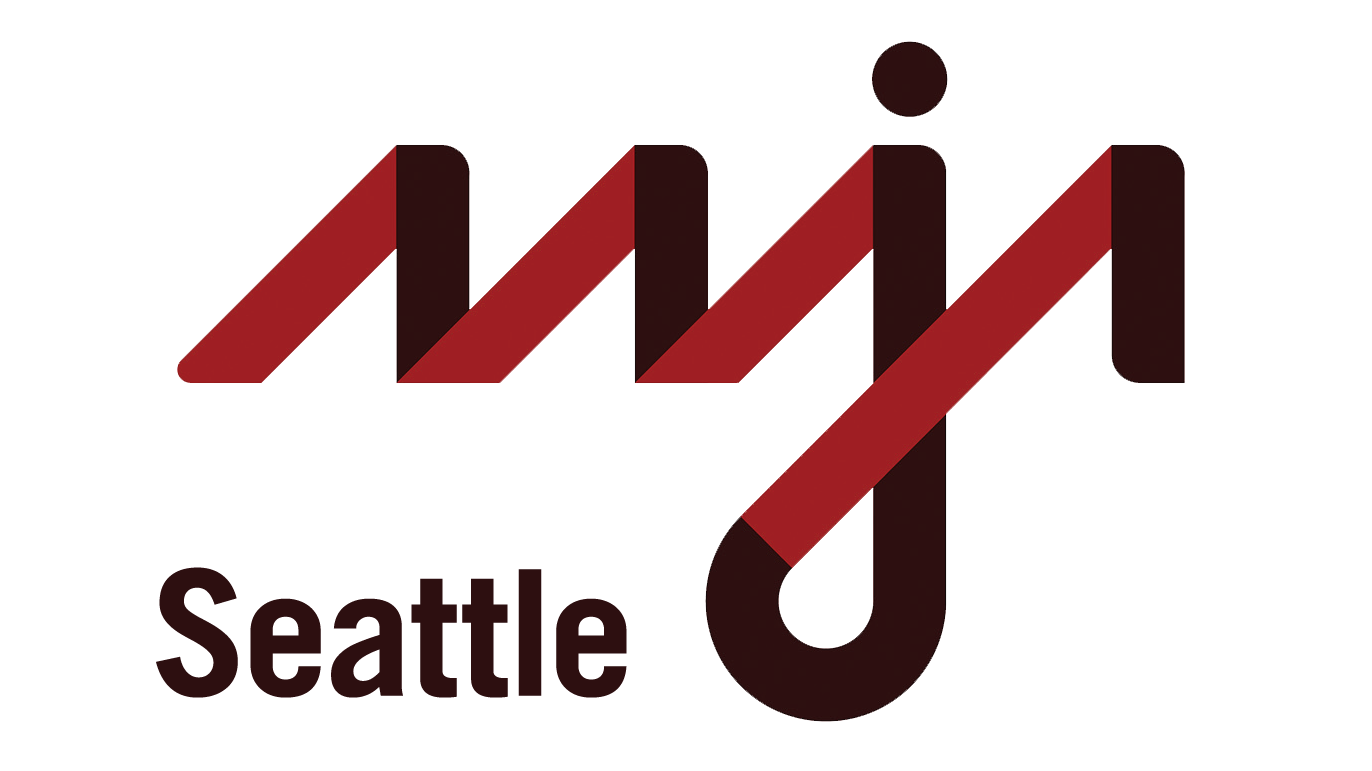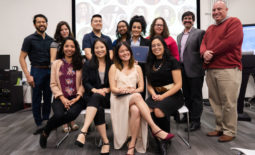APME NewsTrain workshop in Seattle Oct. 3-4
Check out this journalism workshop coming to Seattle.
APME NewsTrain Seattle
Oct. 3-4, 2013
Register now
A two-day workshop focusing on social media reporting tools, creating enterprise off your beat, data mining, digital storytelling, managing continuous coverage and more.
Registration: Cost is $75 for the workshop and food.
Location: Frye Art Museum, 704 Terry Ave. (Note: the venue has changed from our save-the-date flyer)
Register: www.apme.com/?page=Seattle
Twitter: @NewsTrainNW
Networking social: TBA
DIVERSITY SCHOLARSHIPS: Up to ten scholarships are available for this APME NewsTrain event for young print and broadcast journalists and journalism students of color who are pursuing careers in journalism. Scholarships will cover the registration cost of NewsTrain and may cover some of the recipient’s accommodations and travel expenses. NewsTrain host committees will review applications and choose the recipients. Pacific Northwest candidates will have the best chance. Interseted? Send a resume and application letter by Monday, Sept. 16, to Jessica Partnow at jessica@seattleglobalist.com.
Workshop Agenda
· Social Media Reporting Tools: Social media platforms contain powerful reporting tools that can be valuable to reporters facing big breaking news stories or enterprise projects. This session explains how to use social media platforms and onsite tools to locate expert and “real people” sources, for “crowdsourcing” using advanced search features on major social media sites and for curating social media content to augment your own content.
· Maximize Your Social Media: So you’re a journalist on social media, but not so sure you’re taking the right approach? This session offers tactics and tips to improve your comfort on social media, establish your brand, encourage community engagement and measure how well your social media efforts are working over time.
· Smartphones for Journalists: A guide to the best apps, web sites and other tools for reporters working in the field.
· Digital Storytelling: How to approach the development and presentation of breaking news and enterprise packages for both print and online platforms.
· Enterprise off a Beat: A session aimed at reporters and editors on spotting and developing enterprise stories off a busy beat. This session offers different ways to measure the accountability of public and private institutions and suggests a variety of story forms that can be used to quickly develop a series of short to mid-range enterprise pieces. The goal is to build a sustained body of enterprise coverage while juggling the many demands of beat work.
· Planning & Coaching Content Across Platforms: How to frame clear standards and workflows for new digital media in a rapidly changing media environment. The focus is on building a strong set of online tools for covering your community and how to enable everyone on staff – reporters, editors, online producers, visual journalists – to use the tools effectively.
· Continuous Coverage: How to manage the flow of news from online to print as one sustained line of coverage, with specific goals and roles for web-based and print content. This session will examine how the relationship between a news organization’s online and print platforms have shifted, and how reporters and editors can reduce duplication or wasted efforts between platforms.
· Mining for Data: Data and documents help reporters covering business, government, public safety or most any beat shift the balance of power. This session explains how to grow a data and document mindset. A sample starter kit is included: five story clusters every local newsroom can use.
· Finding the Best Stories in Data: Given a structured data set, how do journalists find “actionable intelligence” or the best storylines? The first step is to understand what our readers want to know. Simple ways to look at data distribution often move journalists down the most interesting paths.
· Data Visualization: Many new tools have created a surge in the presentation of data in visual and interactive forms online. But a lack of skills in visual editing can result in poor or misleading results. This session covers the skills associated with visual editing: data density, simplicity, information layering, interactivity and good design principles. Also included: open source tools and data mapping challenges.
Our presenters
· Mandy Jenkins: Interactives Editor with Digital First Media’s Project Thunderdome, where she oversees the national video and data journalism teams and works with local newspapers on special projects and social media strategy. Mandy was previously Social News Editor for politics at The Huffington Post, and coordinated the company’s citizen journalism program, OfftheBus. She was formerly the social media editor for Washington, D.C., local news startup TBD and served in several roles involving social media and online news for the Cincinnati Enquirer and Milwaukee Journal Sentinel. She is a board member of the Online News Association and a journalism instructor at Georgetown University in Washington, D.C.
· Paul Overberg: Database editor at USA Today and a member of its data team. He helps to shape its demographic trend coverage, but also analyzes data on subjects from war casualties to highway traffic. He also helps to produce data maps, graphics and interactive applications. He had earlier been a science and environmental reporter and editor at Gannett News Service in Washington and a reporter and editor at The Courier-News in Bridgewater, N.J.
· Mark Friesen: Web designer and developer at The Oregonian. He spends a lot of his time developing and designing data-driven projects. Previously, Mark worked as a print designer at the Gazette Times in Corvallis, Ore., The Ledger (Lakeland, Fla.) and The Oregonian. He joined the online team in 2007. He grew up in Salem, Ore., and is a graduate of the University of Missouri.
· Michael Roberts: Newsroom trainer/consultant and Project Director for NewsTrain. Previously, Michael was Deputy Managing Editor Staff Development at The Arizona Republic, responsible for newsroom training, served as writing coach, and edited major projects. Roberts also helped create and launch NewsTrain, designed and taught the American Press Institute’s first online seminar for copy editors, and has presented programs for the Poynter Institute, American Press Institute, the Maynard Institute, Freedom Forum, and various National Writers Workshops. Before the Republic, Roberts worked at The Cincinnati Enquirer, the Midland (MI) Daily News, the Detroit Free Press, and as a senior editor at two magazines. He taught feature writing at the University of Cincinnati and regularly presented programs at the Walter Cronkite School of Journalism, Arizona State University. He is a graduate of the University of Michigan and holds a masters degree in training and human resource development from Xavier University.

